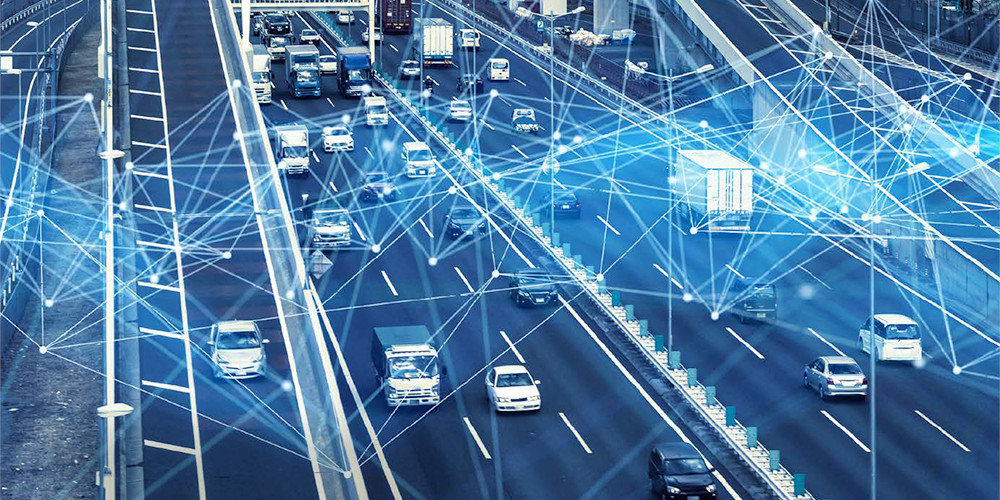Trends in Traffic Management for Smart Cities
Traffic management is changing. Departments of Transportation are looking to consolidate their infrastructure to reduce costs, improve system reliability, and enable central management and data insights while reducing traffic and incidents on city streets.
The critical needs that new technologies are addressing today include:
- Systems that reduce accidents and fatalities
- Ability to detect congestion and dynamically reroute traffic around incidents
- Technology that enables first responders to rapidly navigate to emergencies.
The enormous advances today in technology, network speed and life-saving applications are enabling smart cities to address those challenges in intelligent and economical ways.
Technology trends
The following are some of the key advances driving change in traffic management systems. Digi cellular routers incorporate these technologies to support smart cities in deploying the most robust traffic management, transit system and emergency response applications. https://www.digi.com/products/networking/cellular-routers
Cellular communications
Cellular communications are advancing at a rapid pace. Each new generation offers increased bandwidth, reliability and services, delivering key benefits to traffic management systems:
- Service reliability: Priority transmission even in shared spectrum is now available for eligible mission critical services such as traffic management
- Network capacity: Higher density modulation enables increased data transmission speed without additional spectrum, reducing network operator and service costs.
- Lower latency: The transmission delay of data packets is now in the range of a few tens of
In turn these capabilities enable new smart city traffic management systems:
- Adaptive control: Detected vehicle congestion triggers changes to traffic signal timing to optimize traffic
- Connected vehicle: Smart cities are installing connected vehicle technology to prevent accidents through real time communication between vehicles, pedestrians and the traffic control system.
- Emergency response: Cellular carriers have partnered with government, public and private entities to roll out dedicated spectrum for pre-emptive communications for first responders, using certified cellular devices such as Digi cellular routers.
With the availability of these benefits, cellular is now often deployed instead of fiber as the primary communications backhaul in traffic management systems. It is also used as a secondary backhaul, or “failover,” since a fiber cut can result in an extended network outage.
Network migration from 3G to 4G and 5G
The long-term evolution of cellular infrastructure from 3G to 4G and 5G will offer enormous benefits for traffic management systems in urban environments. For example:
- Multi-gigabit speeds will allow higher-resolution video surveil- lance to identify and resolve traffic incidents more
- Single-digit latency combined with V2X (vehicle to vehicle, vehicle to infrastructure and vehicle to pedestrian) will improve driver, passenger and pedestrian safety and reduce accidents.
- The massive amount of IoT devices deployed across a city will reduce excess traffic by enabling drivers to find a parking spot more quickly and get to their destination efficiently.
4G LTE (Long Term Evolution) will work alongside 5G networks as they are deployed. Keep up with 5G network news and migration planning by visiting Digi’s 5G page: http://www.digi.com/resources/standards-and-technologies/5g
Centralized Management
Government and industry entities worldwide are using cloud- based platforms and infrastructure to improve access, streamline processes, lower IT complexity and reduce costs.
The ability to not only gain visibility into the network across the urban landscape, but to manage and update any individual device or group of devices from a central management system is a true game changer for IT administrators in smart cities today.
Digi Remote Manager® is a cloud-based device management and security platform that enables IT teams to rapidly integrate Digi cellular devices with legacy systems in the communications network. The platform provides dashboards for visibility across the network, automatic security monitoring and remediation, and device performance data.
https://www.digi.com/products/iot-software-services/digi-remote-manager





















